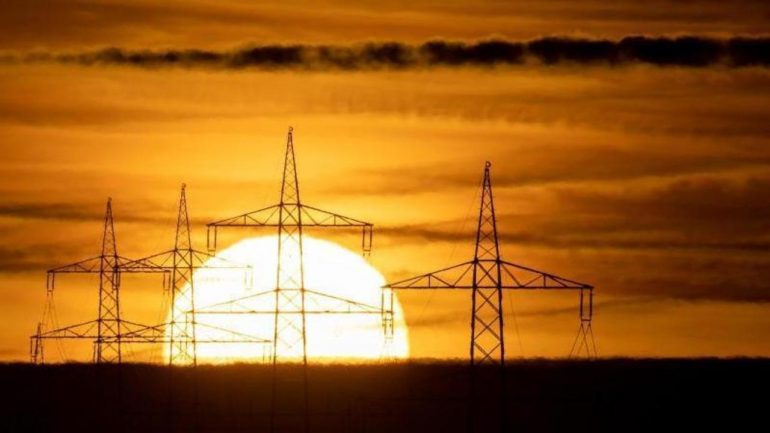Climate
Climate change data: US officials report, Earth is absorbing more and more heat and emitting less radiation. The oceans are particularly affected.

On the one hand, the sun’s rays are absorbed by the atmosphere and the earth’s surface, on the other hand, the earth emits infrared radiation into space.
Photo: Sebastian Golno / DPA
SEATTLE/HAMPTON (DPA) — Earth has absorbed significantly more heat over the past 15 years, according to US scientists.
Between 2005 and 2019, Earth’s so-called energy imbalance nearly doubled, researchers from the US climate agency NOAA and the space agency NASA said in the journal “Geophysical Research Letters.” This trend is mainly due to an increase in absorbed solar radiation due to reduced reflectance from clouds and sea ice. At the same time, long wave radiation from Earth into space, through which energy and thus heat is released, has been reduced due to more greenhouse gases in the atmosphere.
It is based on a sensitive energetic balance on Earth: on the one hand, the Sun’s rays are absorbed by the atmosphere and the Earth’s surface, on the other hand, the Earth emits infrared radiation into space. If both processes are balanced, then the energy balance is balanced. A positive energy balance means that the Earth is warming. Since about 90 percent of this additional energy is absorbed by the oceans, the water in the oceans gets warmer.
However, energy imbalance can also be influenced by natural factors. According to the scientists, the Pacific Decade Oscillation (PDO) in particular may have played a role. Simultaneously, surface water temperatures in the Pacific change significantly – particularly warm phases, such as between 2014 and 2020, contributing to the fact that significantly more solar radiation is absorbed by Earth.
“It’s probably a mix of human drivers and internal (Earth) change,” said study lead Norman Loeb. Human and natural factors combined “caused warming that is causing a substantial change in Earth’s energy imbalance. The magnitude of the increase is unprecedented.” Loeb stressed that the study is only a snapshot of long-term climate change and that it It is not possible to predict with any certainty what Earth’s energy balance may look like in the coming decades.
© dpa-infocom, dpa: 210619-99-57407/2

Web guru. Amateur thinker. Unapologetic problem solver. Zombie expert. Hipster-friendly travel geek. Social mediaholic.





